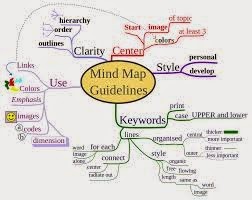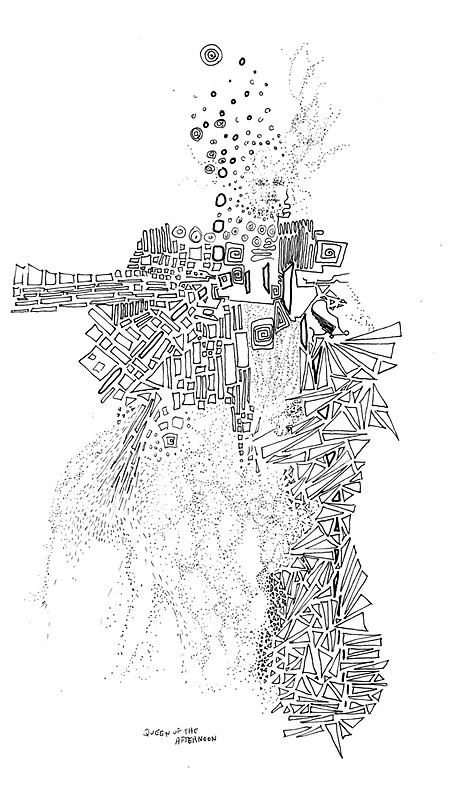
You’re wearing a bathing suit out of season because your three-year-old’s friend is having a public pool birthday party and just as you finally get out of the water for pizza, the host pulls you aside to meet Bob & Betty who are Ricky & Nicky’s parents. And you know they’ve been talking about you because the first question from these strangers is:
“So, what do you write?”
Ever heard that one before?
Why does it always feel like a trick question? Especially as you’re standing there dripping wet, covered in goose flesh, eyeing the nearest kid’s towel.
“It’s complicated,” I say. Or, “Novels.”
This response works well enough in situations where everyone suddenly turns to sing “Happy Birthday” but doesn’t cut the cake when discussing your work with other writers or industry professionals, like, say, agents or editors at a conference.
Prepare yourself by memorizing your answers to the following questions:
- What is the form of your work?
- What age group does your work target?
- What is the genre of your work?
- What is your (book/story/writing) about IN ONE SENTENCE?
FORM
I like to think of form as simply the shape you pour your words into, kind of like a Jell-o mold. Is your work shaped like a star, crescent, flower, or diamond? Is it a novel, poem, article, or memoir?
This may seem like the easiest question to answer, but consider all the confusion before “flash fiction” became a widely recognized form. All through my MFA program I was confused as to whether I was writing extremely short fiction or over-long non-delineated poems.
Lucky you if you write Poetry or Memoir. Because then you don’t have to go any further to define your genre.
AGE BRACKET
The age group your work targets is often defined by the age of your characters.
Children’s Fiction
Picture Books, Easy Readers, Middle Grade
Juvenile Fiction/Young-Adult (YA)/Teen Fiction
The main characters are in high school and deal with typical teen scenarios, such as angsting over vampire heartthrobs. Adults tend to remain in the background. The actual style and content varies widely, from contemporary to anywhere your imagination takes you.
New Adult/Upper YA/ Post-adolescent Fiction
Characters in early to mid 20’s dealing with college/career/family issues as they transition into adult roles. This category is yet to distinguish itself by earning a shelf in bookstores and might be considered a “niche market.”
Adult Fiction
The main characters are all grown up, but even if they are not, the style and rendering of the subject matter is clearly for an adult audience.
GENRE
How do you define genre? I found there are two baseline assumptions.
- Literary Fiction is the non-genre category, Genre Fiction being its antithesis. Like two sides of the same coin.
- Genre encompasses all types of fiction, with Literary Fiction being just one genre type on the list.
However you choose to see it, placing your work tends to be a drilldown of lists within lists. Each comes with its own set of expectations for plot, character types, & reader payoff. Each has its own fan-base and cluster of specialized writing communities. It’s like choosing a clan. Choose wisely & follow your gut instinct.
Standard Genre List:
Action-adventure
Crime
Detective
Fantasy
Horror
Mystery
Romance
Science fiction
Western
Inspirational
Women’s Fiction
Chick Lit
Literary Fiction
Additional Genres listed by Amazon:
Anthologies
Fairy Tales
Family Saga
Gay & Lesbian
Historical
Medical
Men’s Adventure
Metaphysical
Movie Tie-Ins
Political
Sea Adventures
Sports
War
Hybrids abound, as well as catch phrases like “speculative fiction,” which encompasses science fiction, fantasy, & horror. Use words like “Paranormal” or “Steampunk” to add more spice to your genre (i.e. I write Young Adult Paranormal Romance, or, My novel is a Middle Grade Steampunk Western) but resist the urge to completely baffle your listener with a long string of categories even you can’t keep track of as you rattle them off.
THE HOOK
It’s not easy, is it? How do you adapt a 50-100K piece of work soaked in blood, sweat, & tears into one measly sentence?
It helps if you can distance yourself and think like a salesperson. You don’t need to summarize the entire project, just serve up a morsel with a distinct flavor. Preferably one that will leave ‘em jonesing for more.
Get in the groove by going to your local bookstore and reading as many book jackets in your genre as fast as possible. At some point, stop to jot down a sentence to describe your own project. If you keep at it, you’ll have a list of possible hooks to play with while constructing your ideal one-liner.
“SO, WHAT DO YOU WRITE?”
If you can’t settle on a specific genre, or prefer to remain mysterious, use general terms like “commercial fiction,” or stick with details you can depend on your listener understanding.
“My last novel was about a punk girl gone good, Pretty Woman meets Girl with a Dragon Tattoo.”
“Right now I’m writing a teen novel that takes place in Eastern Europe.”
“I thought I wrote a women’s fiction novel but I’m told it’s bordering on Erotica.”
“My New Adult Murder Mystery features a paranormal love affair. It’s, ummm… complicated.”
These are all statements I’ve used to describe my own projects, with various levels of success.
How about you? What do you write? Share your pitch with us in the comments!
Then get ready for the next inevitable pool-side question:
“So, are you published?” and “Where can I buy your book?”
~*~
Syl DeLeon lives at the foothills of the Rocky Mountains in Colorado and writes edgy literary fiction with a commercial bent. She also bakes delicious cookies and coaches kids’ soccer. Read more at www.SylDeLeon.com or follow @SylDeLeon.


This is an amazing post! I will definitely use these tips so that the next time I’m asked those questions, I can actually answer them coherently. Everyone who knows me, knows that I freeze up when asked what my novels are about. Having a prepared response will help me “pimp” my work without stumbling over my words and saying: “It’s about…you know, teenagers and stuff.”
Thanks for this awesome post, Syl! We’re lucky to have you 🙂
BTW- one of my main characters in my novel shares your first name!
Hi Marquita, I’m glad you enjoyed the post. Thanks for letting me share it at Black Fox Lit. I hope my namesake character isn’t causing too much trouble in your novel. “Sylvia”s are never up to any good in stories 😉
One of the advantages of being introverted is never having to worry about this, but I would say have confidence in your writing projects. Remember that anyone who would mock your writing just because it isn’t famous or praised is not someone you want to impress in the first place.